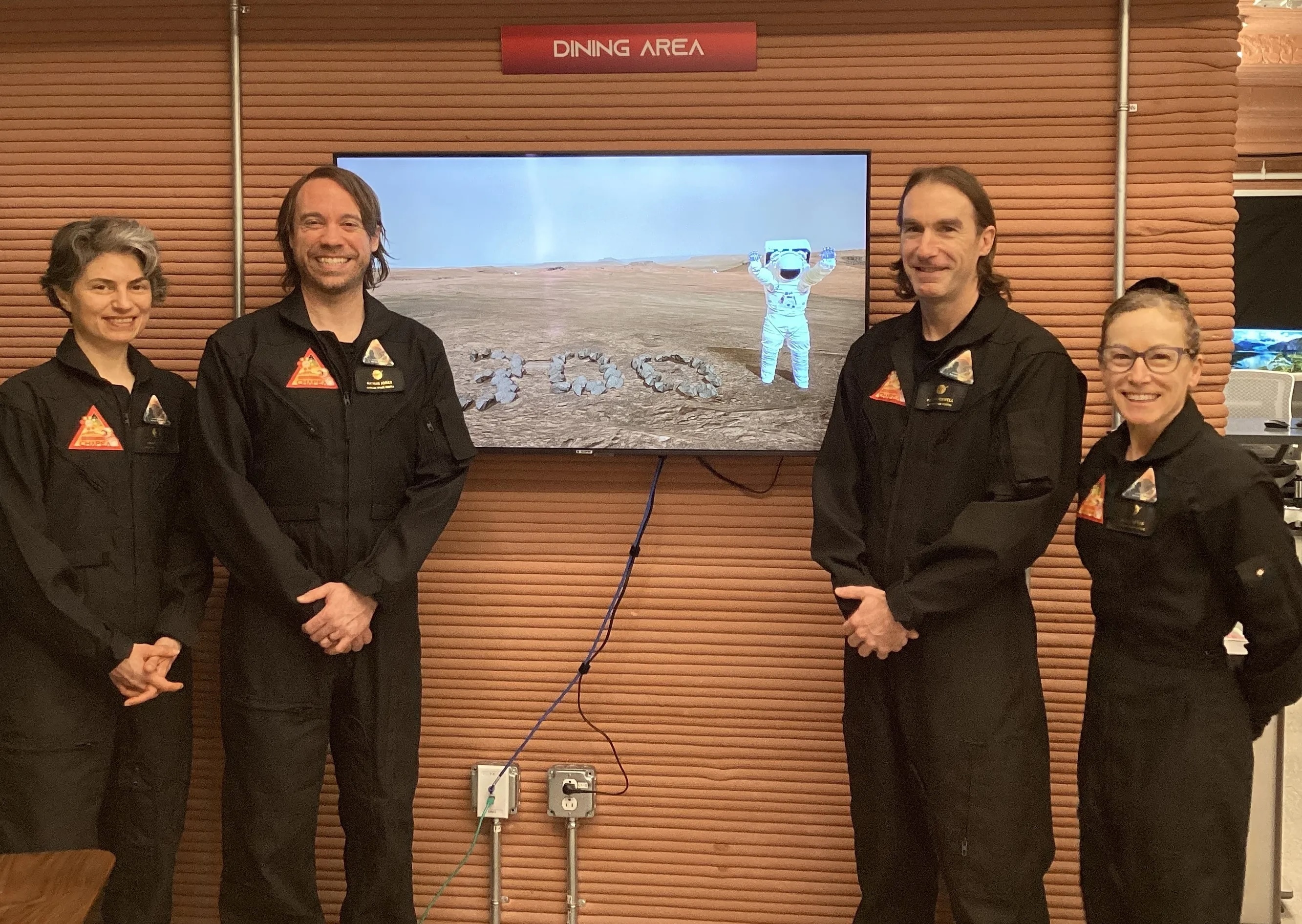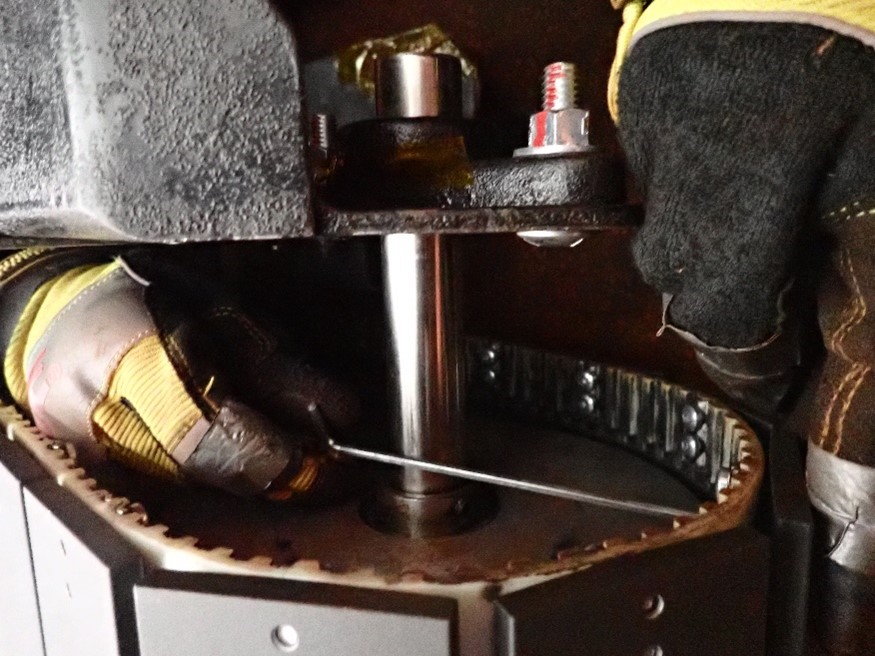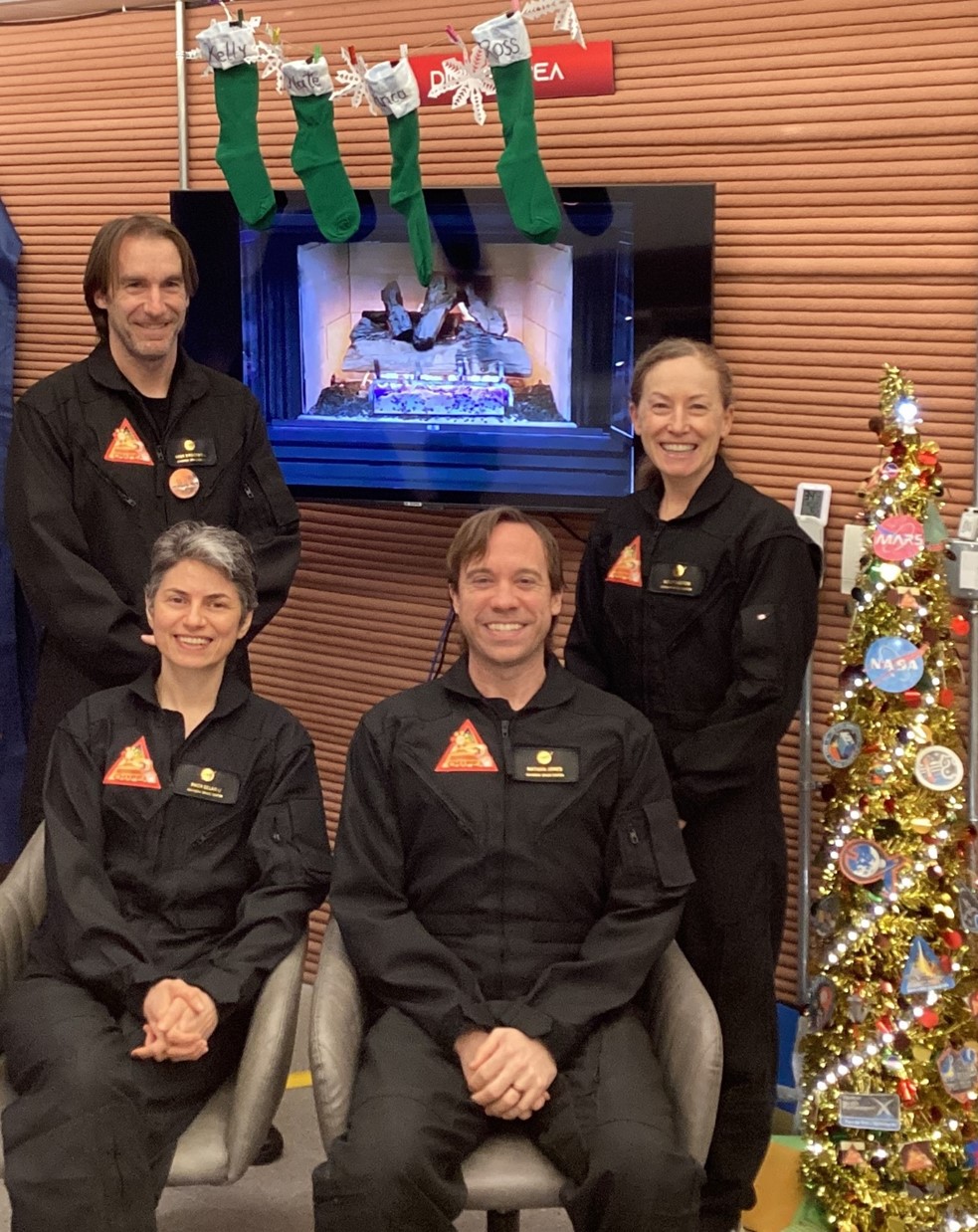The first crew to take part in a yearlong NASA Mars analog mission reached the 300-day mark of its mission on April 20.
The team of four volunteers entered the CHAPEA (Crew Health and Performance Exploration Analog) habitat at NASA’s Johnson Space Center in Houston on June 25, 2023, and is expected to complete the mission on July 6, 2024.
During their 300 days in the ground-based habitat, the crew engaged in multiple simulated “Marswalks,” grew and harvested several salad crops to occasionally supplement their shelf-stable food, and took part in habitat and equipment maintenance.
NASA is leading a return to the Moon for long-term science and exploration. Through Artemis missions, NASA will land the first woman, first person of color, and first international partner astronaut on the Moon, using innovative technologies to explore more of the lunar surface than ever before. Lessons learned on and around the Moon and activities like CHAPEA on the ground will prepare NASA for the next giant leap: sending astronauts to Mars.




